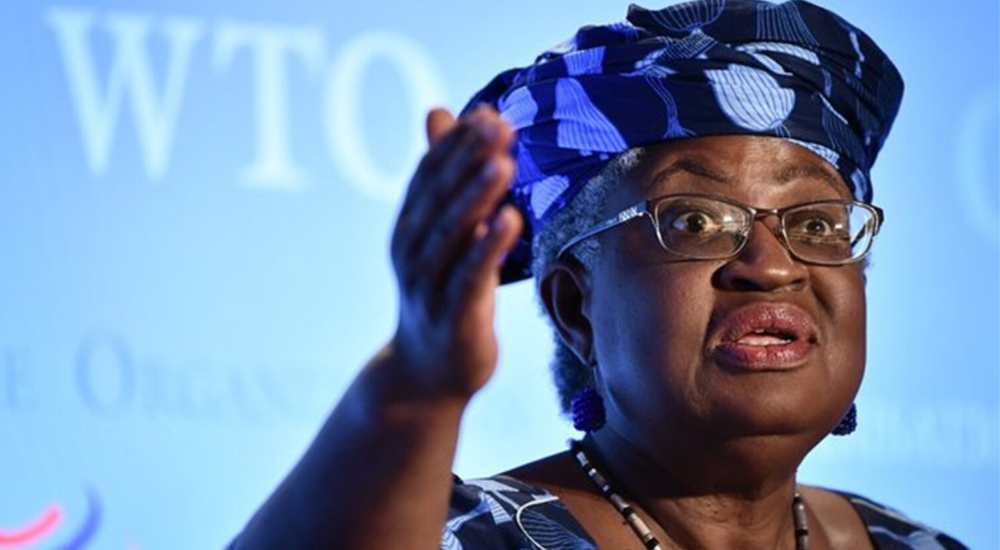Introduction
The Amajimbos win in Qatar stands as a landmark for South African football. The country’s U-17 men’s national team began their FIFA U-17 World Cup campaign with a convincing 3-1 victory over Bolivia. It was a result built on courage, unity, and intelligence — especially after South Africa played most of the match with ten men. Emile Witbooi, Neo Bohloko, and Shaun Els provided the goals that turned an uncertain start into a night of pride. For fans and players alike, this was more than a win; it was a statement of progress, hope, and potential.
Amajimbos Win: A Breakthrough for South African Youth Football
The Amajimbos win made history. For the first time in South African football, a national team opened a FIFA World Cup tournament with a victory. The result confirmed that years of work in youth development and tactical training are paying off. It also changed how the football world views South Africa’s future prospects. This was not just about beating Bolivia — it was about sending a message that South African teams can compete with discipline, creativity, and heart on the global stage. It’s a milestone that will inspire every young player back home.
Amajimbos Win: Perfect Start Through Early Pressure
The match began with high energy, and the Amajimbos win was shaped by an early breakthrough. South Africa pressed from the front, forcing Bolivia into errors and controlling the tempo from the first whistle. Emile Witbooi’s opening goal came from smart buildup play, combining pace and precision. That early strike changed the rhythm of the game, giving South Africa the psychological edge. Bolivia, forced to chase, left open spaces that the Amajimbos exploited throughout the match. The early lead allowed them to play with confidence and set the tone for a dominant performance.
Amajimbos Win: Tactical Brilliance Under Adversity
The turning point of the Amajimbos win came when South Africa went down to ten men. Lesser teams might have crumbled, but the Amajimbos adapted instantly. Coach Duncan Crowie reorganized the formation from a 4-3-3 to a compact 4-4-1. The midfield tightened, and the defenders stayed narrow, forcing Bolivia to attack from the flanks. The players executed this shift flawlessly, closing spaces and breaking on the counter. This tactical intelligence proved the maturity of the squad. Even short of numbers, the Amajimbos showed structure, patience, and focus — hallmarks of a team growing in football intelligence.
Amajimbos Win: Midfield Balance and Control
Controlling midfield was crucial to the Amajimbos win. The trio at the center dictated tempo, breaking up Bolivia’s transitions while maintaining passing rhythm. One sat deep to protect the back line, another recycled possession, and the third advanced into attacking zones. This triangle balanced defence and creativity, ensuring the team never lost shape. Even with a player fewer, South Africa’s midfield worked tirelessly, showing physical endurance and mental sharpness. By dominating the middle of the park, the Amajimbos reduced Bolivia’s chances and maintained momentum throughout the match.
Amajimbos Win: Finishing with Precision
Every great performance needs clinical finishing, and the Amajimbos win delivered exactly that. Neo Bohloko’s second goal came from excellent positioning and anticipation, while Shaun Els’s late strike sealed the victory in style. Each finish showed timing, confidence, and technical control. Rather than panicking in front of goal, the forwards trusted their instincts and teamwork. The precision of these goals reflected consistent training and composure under pressure. It’s rare for a youth side to combine energy with such calm execution, and that blend was key to South Africa’s success.
Amajimbos Win: Leadership and Mental Strength
Leadership defined the Amajimbos win. Captain Benjamin Wallace set the tone with clear communication, encouraging teammates through every phase. Goalkeeper Thabo Molefe anchored the defence with authority, cutting out crosses and organizing set-piece lines. On the sidelines, Coach Crowie’s calm and confident presence kept players focused. Even after Bolivia scored from a penalty, the team’s reaction was immediate — regroup, refocus, and play their game. That mental resilience under stress proved just as important as skill. It showed that this generation of players already understands what it means to represent their nation with pride and discipline.
Amajimbos Win: Defensive Unity and Structure
Behind every attacking highlight of the Amajimbos win was a wall of discipline. The defenders maintained tight lines, reading the game well and timing clearances perfectly. South Africa’s defensive shape minimized Bolivia’s threats, forcing long shots and blocking passing lanes. The team’s spacing and recovery runs reflected strong coaching fundamentals. Even when under sustained pressure, they stayed composed — clearing danger with purpose rather than panic. The coordination between defenders and midfielders kept the backline secure and allowed transitions to start cleanly. Defence, often overlooked, was the foundation of this victory.
Amajimbos Win: A Boost for National Confidence
The impact of the Amajimbos win goes beyond one match. It reignites belief in South Africa’s football system and inspires the next generation. From youth academies to community fields, young players now have a fresh model of what success can look like. The match also strengthens the argument for continued investment in grassroots programs, coaching, and international exposure. South Africa has often been seen as a team with flair but inconsistent results — this disciplined victory challenges that narrative. The Amajimbos have proven that preparation, resilience, and unity can turn potential into achievement.
Amajimbos Win: Global Recognition and Inspiration
The world noticed the Amajimbos win. International outlets praised the team’s tactical maturity, emotional control, and creative football. For a country that has long sought consistency in international tournaments, this recognition matters. The Amajimbos didn’t just represent themselves — they carried the hopes of a nation eager for sporting progress. Their success has energized fans and reminded everyone that African teams can compete with the world’s best at every level. The performance in Doha will echo through local academies, inspiring thousands of young dreamers to chase the same spotlight.
FAQs
Who were the scorers in the Amajimbos win over Bolivia?
Emile Witbooi, Neo Bohloko, and Shaun Els scored in the Amajimbos win that opened South Africa’s World Cup campaign.
Why is the Amajimbos win so historic?
The Amajimbos win marked the first time South Africa’s U-17 men’s team opened a FIFA World Cup with a victory.
How did the Amajimbos manage the red card situation?
The Amajimbos win was achieved through tactical adjustments and disciplined defending despite playing with ten men.
Conclusion
The Amajimbos win in Qatar will be remembered as a moment that changed the narrative of South African football.
You said:
article 4 conclusion likh do
ChatGPT said:
Sure! Here’s the conclusion section for Article 4, written in the same journalistic tone, SEO-optimized, and including the focus keyword “Amajimbos win.”
Conclusion
The Amajimbos win in Qatar will be remembered as more than just a match — it was a turning point for South African football. This young team showed the world that discipline, teamwork, and belief can overcome any obstacle. From the first whistle to the final goal, they played with purpose and pride, carrying the hopes of a nation on their shoulders. Their 3-1 victory over Bolivia symbolized growth, resilience, and the rebirth of South Africa’s football spirit. If the Amajimbos continue to build on this foundation, this win will not only mark history — it will inspire a new generation to dream bigger and aim higher.




